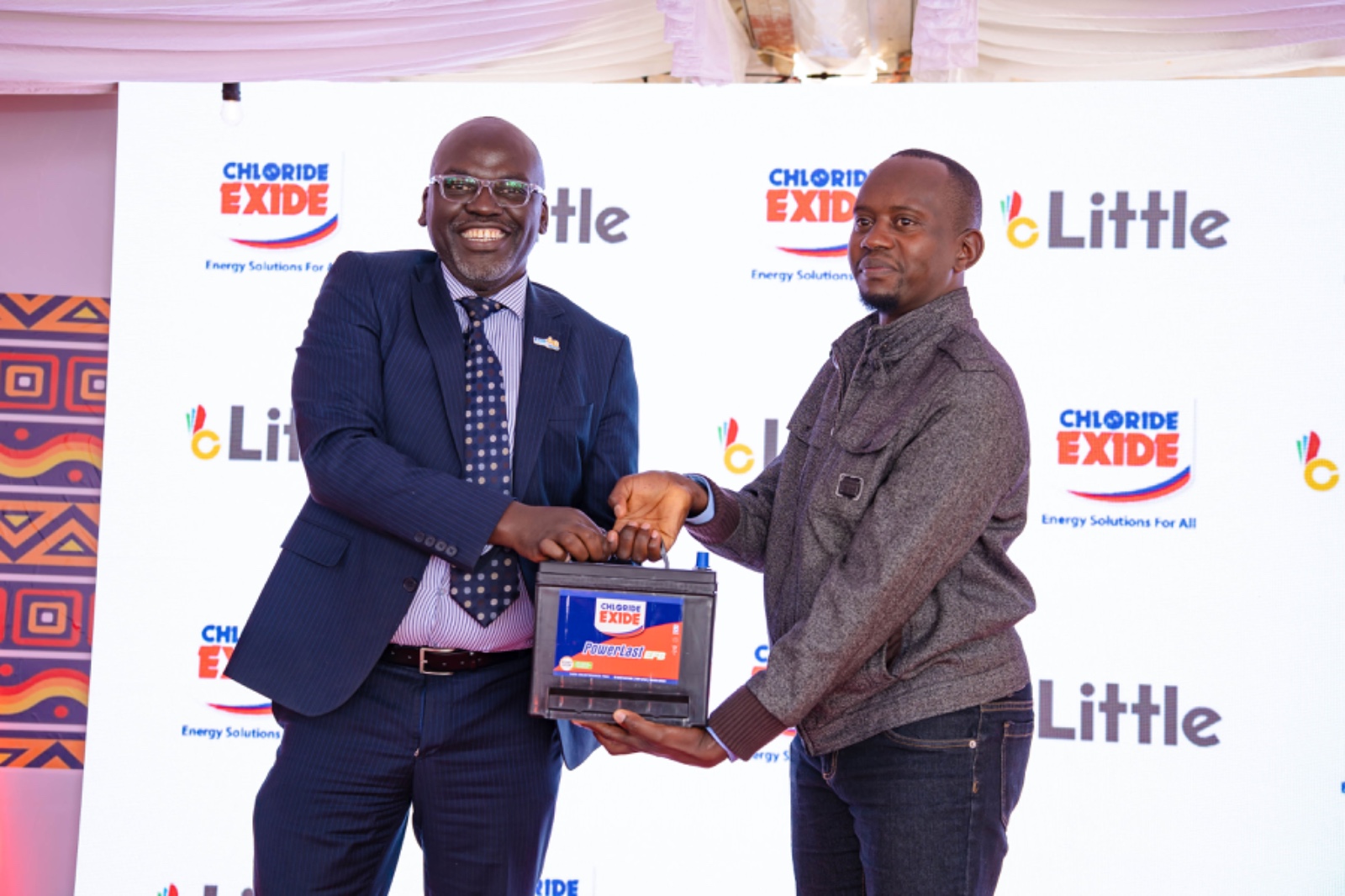
The Kenya Association of
Manufacturers (KAM) is warning of power rationing if no investment is made in
power purchase agreements and new power stations.
The association argues that Kenya is
currently using a lot of geothermal energy, which has reached a peak of 96%.
“We are left with only 4% of power from
geothermal sources. Hydroelectric sources depend on weather, and if the rains
stop, we are likely to face power blackouts that could severely impact the
struggling manufacturing sector,” noted Kenya Association of Manufacturers
Chief Executive Officer, Tobias Alando.
“The Senate and the Parliament need
to reconsider lifting the moratorium imposed on the government about the new Power
Purchase Agreements (PPA),” he said.
Alando said the moratorium imposed
in 2023 has negativity impacted efforts to negotiate better and affordable
Power Purchase Agreements with the Independent Power Producers.
Power Purchase Agreements have a
critical role to play in the infrastructure expansion, as they are crucial in
securing the necessary investment in energy projects with the aim of
strengthening the country’s energy infrastructure and security.
Alando spoke during the launch of
the New Enhanced Flooded Battery (EFB) – Built for the Demands of Modern
Mobility.
The new Powerlast EFB, was launched in partnership with taxi-hailing company Little.
It is designed to help urban drivers,
to navigate stop-and-go traffic, eco-conscious vehicle owners with start-stop
systems, and commercial fleets, including taxis, ride-share, and delivery vans.
“In line with its commitment to
customer-centric innovation, Chloride Exide has partnered with ride-hailing
platform Little, enabling real-time user feedback from drivers on battery
performance to develop solutions fit for the needs of Kenya’s high-demand
mobility sector,” said Chloride Exide’s General Manager, Charles Ngare.
“This battery is more than just a
product; it’s a reflection of our investment in Kenyan innovation, local
manufacturing, and sustainable mobility,” he added. “With insights from local
drivers and cutting-edge technology, Powerlast EFB is designed to keep Kenya
moving forward.”










